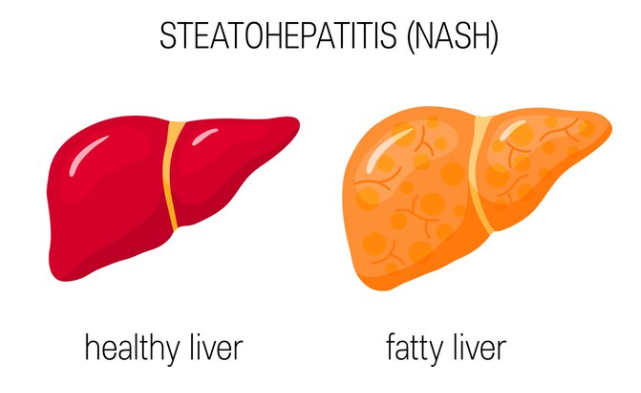Fatty Liver

The treatment of fatty liver disease involves lifestyle modifications, medical interventions, and addressing underlying conditions contributing to the condition. For non-alcoholic fatty liver disease (NAFLD), lifestyle changes play a pivotal role. Weight loss through a combination of a balanced diet and regular exercise is a cornerstone, as it helps reduce liver fat and improve insulin sensitivity.
In cases where fatty liver is associated with metabolic syndrome or obesity, managing these conditions becomes crucial. Dietary adjustments may include reducing intake of saturated fats, refined sugars, and carbohydrates while increasing consumption of fruits, vegetables, and whole grains. Regular physical activity aids in weight loss and improves overall metabolic health.
Medical interventions may be considered in certain cases. Medications such as vitamin E and certain insulin-sensitizing agents may be prescribed by healthcare professionals to address specific aspects of the condition. Monitoring and managing underlying conditions like diabetes and hyperlipidemia are essential components of the comprehensive treatment plan.
It is vital for individuals with fatty liver disease to collaborate closely with healthcare providers to tailor a treatment strategy that suits their specific needs. Regular monitoring, follow-up assessments, and adherence to prescribed therapies contribute to the successful management of fatty liver disease and the prevention of potential complications.

